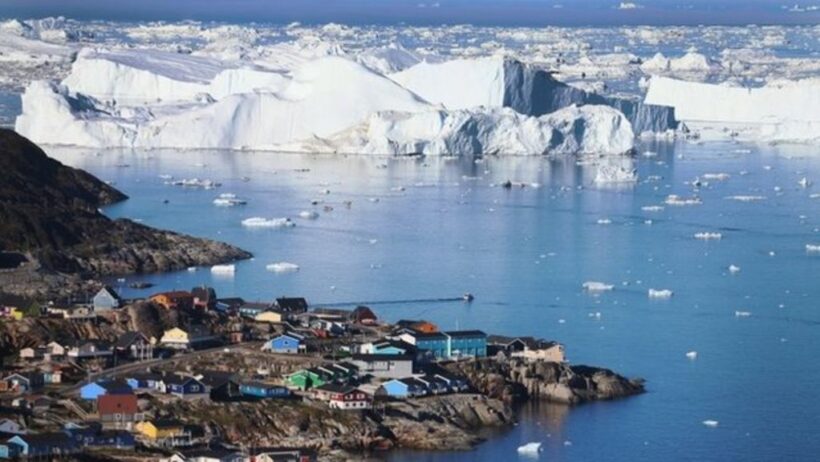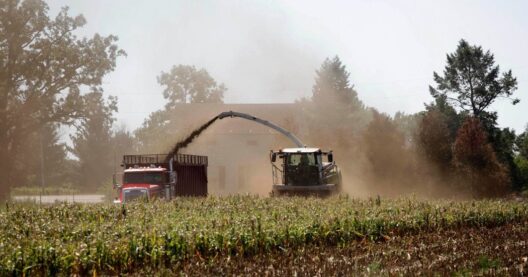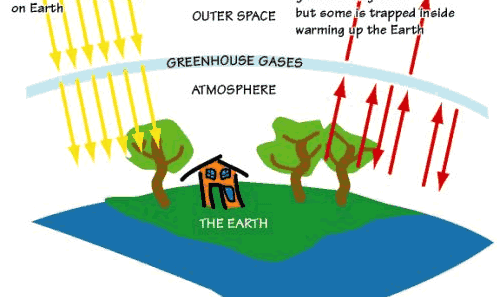Global warming has become one of the most pressing challenges of our time. The ever-increasing temperature of our planet raises significant concerns, and the question of whether humans are helping or hurting this phenomenon is not merely rhetorical but a pressing inquiry that demands a thorough examination. The reality that human activity is the dominant force driving climate change is supported by extensive scientific research and observations. Understanding the complexity behind human actions and their repercussions is essential for fostering genuine change.
To address the matter effectively, it is crucial to explore the key contributors to global warming, which primarily stem from anthropogenic activities. The combustion of fossil fuels, deforestation, industrial processes, and agricultural practices are among the main culprits. Each of these activities releases substantial amounts of greenhouse gases (GHGs) into the atmosphere, predominantly carbon dioxide (CO2), methane (CH4), and nitrous oxide (N2O). These gases trap heat, leading to the greenhouse effect, which is exacerbated by our innovations and lifestyle choices.
Fossil fuels, particularly coal, oil, and natural gas, are at the heart of our energy production. They power our homes, transportation systems, and industries. The communications and technology sectors thrive on energy derived from these sources. The interdependence between modern civilization and fossil fuels creates a cycle that is difficult to break. Alternatives such as solar, wind, and hydroelectric power exist, but significant reliance on fossil fuels remains entrenched in policies, economies, and daily living practices worldwide. This energy paradigm not only fuels economic growth but also significantly contributes to environmental degradation.
Deforestation represents another critical issue. Forests act as carbon sinks, absorbing CO2 from the atmosphere and helping to mitigate climate change. However, human activities such as logging, land clearing for agriculture, and urban expansion have led to significant forest loss. The Amazon rainforest, often referred to as the “lungs of the Earth,” has faced unprecedented deforestation rates, releasing carbon stored in trees back into the atmosphere. The paradox lies in our need for land to cultivate food, while simultaneously disregarding the forests that could mitigate the very effects of climate change impacting agriculture.
Moreover, agriculture itself is both a contributor to and a victim of climate change. Intensive farming practices lead to soil erosion and contribute significantly to methane emissions, particularly through livestock digestion and manure management. Thoughtless use of synthetic fertilizers also results in nitrous oxide emissions, another potent greenhouse gas. Herein lies a conceptual moral dilemma; the drive to feed a growing population leads to practices that fuel climate change, which in turn threatens food security through altered weather patterns and declining crop yields.
Despite these daunting realities, humanity’s capability for innovation and adaptation provides a glimmer of hope. The rise of renewable energy technologies represents a paradigm shift that demonstrates human ingenuity at its finest. Investments in solar panels, wind turbines, and electric vehicles are critical steps toward reducing reliance on fossil fuels. These solutions allow for a rethinking of energy consumption, offering pathways to sustainable living. However, moving from theory to practice requires unwavering commitment and collaboration from governments, industries, and individuals.
Public awareness and advocacy play pivotal roles in addressing global warming. Grassroots movements and international campaigns have ignited conversations around climate change, engaging citizens in advocating for policy reform and sustainable practices. The collaborative efforts to implement carbon pricing, encourage recycling, and promote sustainable agriculture exemplify how people can channel their concerns into action.
However, for every action taken toward sustainability, there is resistance rooted in economic interests and political power struggles. Industries reliant on fossil fuels exert considerable influence over policy-making, lobbying against regulations that would enforce stricter emissions standards or promote cleaner alternatives. This dichotomy between progress and resistance poses a formidable challenge to effective climate action. The realization of our culpability in climate change necessitates a willingness to confront uncomfortable truths about our lifestyles and consumption habits.
The complexities surrounding human impact on global warming extend beyond immediate actions. Behavioral economics and societal norms heavily influence environmental choices. The tendency to prioritize short-term convenience over long-term implications has led to systemic inertia. Education aimed at altering these behaviors is imperative. By fostering a culture of environmental responsibility, communities can promote sustainable habits that benefit future generations.
There is also an important narrative that must be highlighted: climate justice. Disadvantaged communities often bear the brunt of climate change consequences, despite contributing the least to its causes. Understanding that the impact of global warming is not evenly distributed underscores the urgency for a more equitable approach to climate action. We must advocate for policies that protect vulnerable populations, ensuring that they are not disproportionately affected by climate-induced phenomena such as severe weather events and rising sea levels.
In conclusion, the question of whether humans are helping or hurting global warming is deeply nuanced. While anthropogenic activities have undeniably exacerbated the climate crisis, humans also possess the remarkable capacity to innovate and enact change. Embracing a collective responsibility toward our environment can steer us toward a sustainable future. Addressing this issue requires profound systemic change, a reevaluation of social norms, and active engagement from all sectors of society. The time for action is now; the health of our planet is at stake, and we must choose to be part of the solution rather than contributors to the problem.







